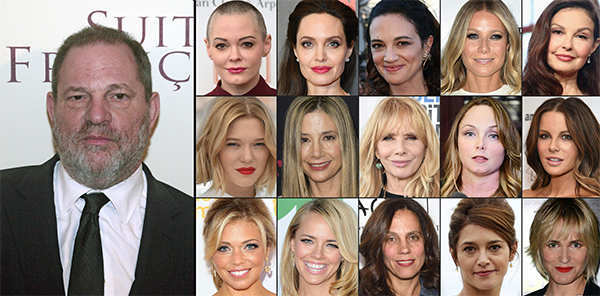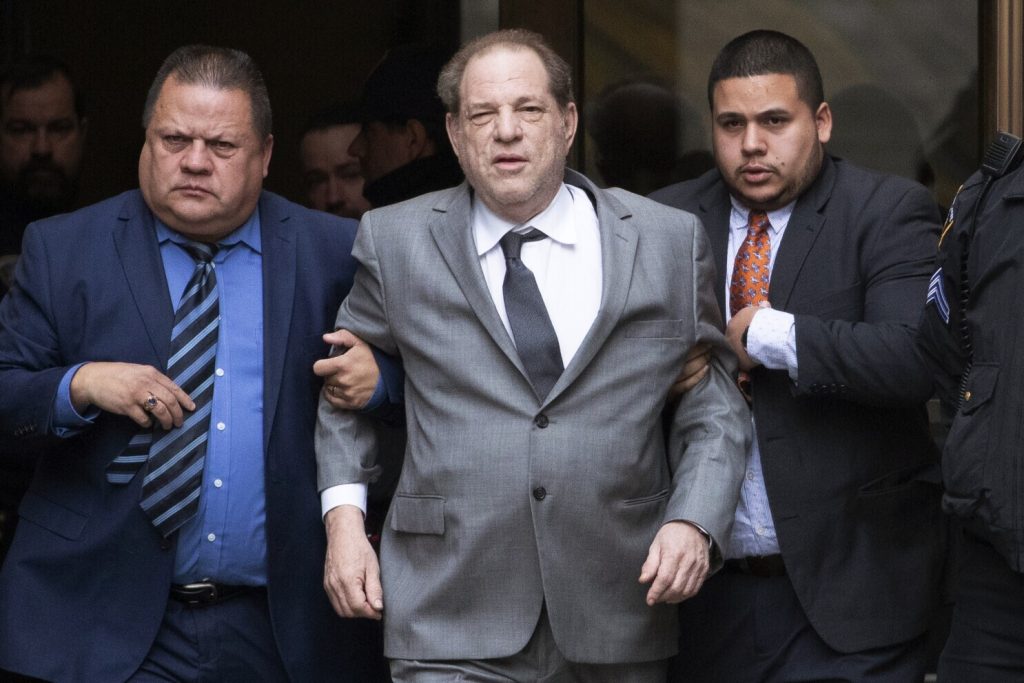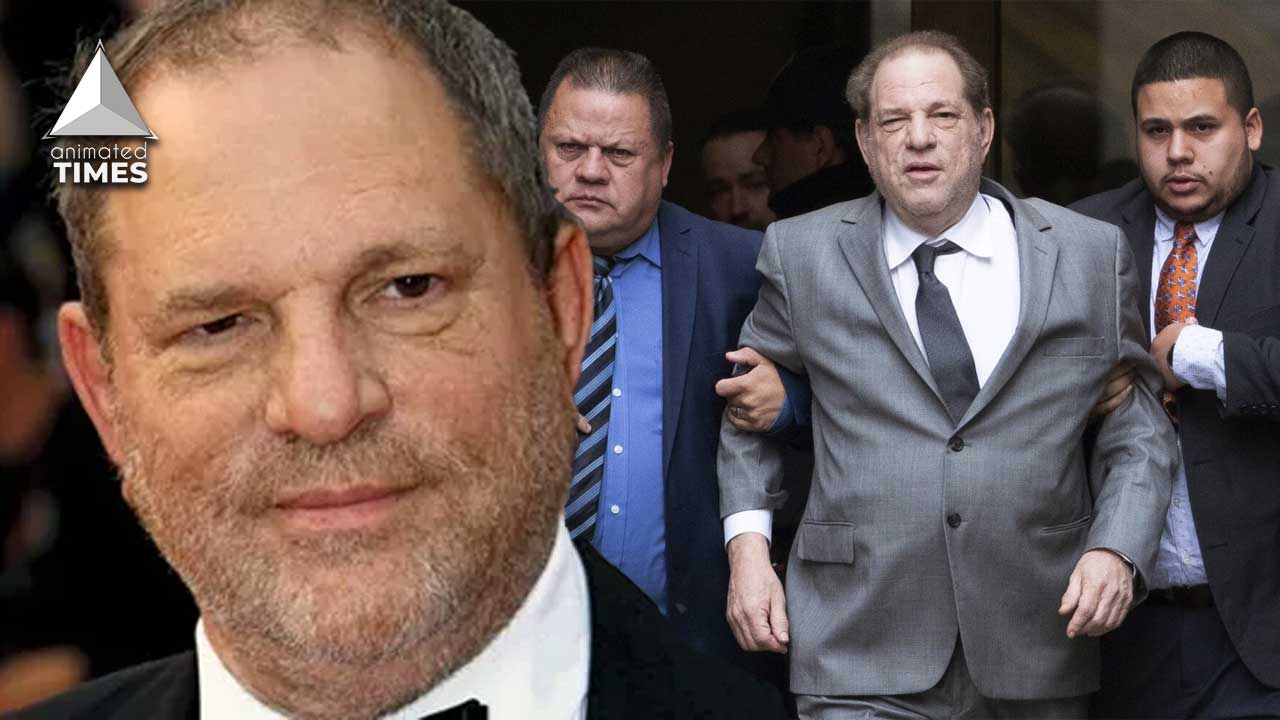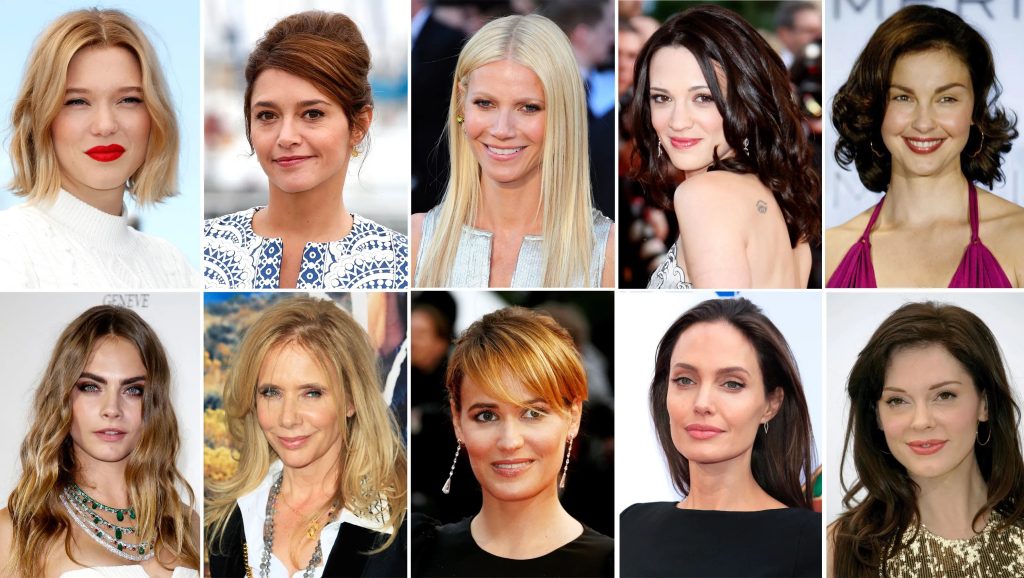‘We Are Reviewing All Our Options’: Harvey Weinstein Lawyers Want Him Out of Jail
The conviction of former Hollywood producer Harvey Weinstein on rape and sexual assault charges was maintained by a New York appeals court, dismissing accusations that the trial judge essentially rigged the outcome in favour of the prosecution.
A five-judge appellate panel found no errors by the judge that would warrant overturning the conviction or the 23-year sentence in a unanimous verdict announced on Thursday.

Weinstein, the producer of “Pulp Fiction,” was found guilty of rape and sexual assault in February 2020, marking a watershed moment in the #MeToo movement.
He is currently awaiting trial in California on separate sexual assault charges.
Weinstein, 70, pleaded not guilty to five counts of alleged sexual assault against five women in a Los Angeles court in September.
In 2017, charges of widespread sexual abuse and harassment against Weinstein surfaced.
Weinstein has been accused of harassment or assault by approximately 80 women, including Angelina Jolie, Gwyneth Paltrow, and Salma Hayek.
He claims that all of his sexual interactions were consensual.
What The Court Said On Harvey Weinstein Case

On behalf of the court, Justice Angela Mazzarelli wrote, “We reject defendant’s arguments, and affirm the conviction in all respects,”. In January, Alvin Bragg, the new Manhattan District Attorney, released a statement congratulating the case’s survivors “for their remarkable courage and candour.”
“We are disappointed, but not surprised,” said Weinstein’s spokesman, Juda Engelmayer. “We are reviewing all of our options and will seek to petition the Court of Appeals and beyond,” Engelmayer said. The New York State Court of Appeals is the highest court in the state.
What Did Harvey Weinstein Attorneys Argued
In February 2020, Weinstein was found guilty. He is currently being held at the Twin Towers Correctional Facility in Los Angeles, where he faces 11 more sex offences accusations.
His lawyers maintained that the trial judge, Justice James Burke, had committed multiple errors that prevented him from receiving a fair trial. They argued that the prosecutors should not have been able to summon three witnesses to speak about uncharged conduct because of “prior bad acts.”
They also claimed that Weinstein was effectively barred from testifying in his own defence since prosecutors were allowed to bring up 28 additional events, including bullying and physical abuse, in order to discredit his testimony.
According to a source, the appeals court dismissed both claims in a 45-page order, concluding that Burke had exercised his discretion in permitting both sorts of evidence.






